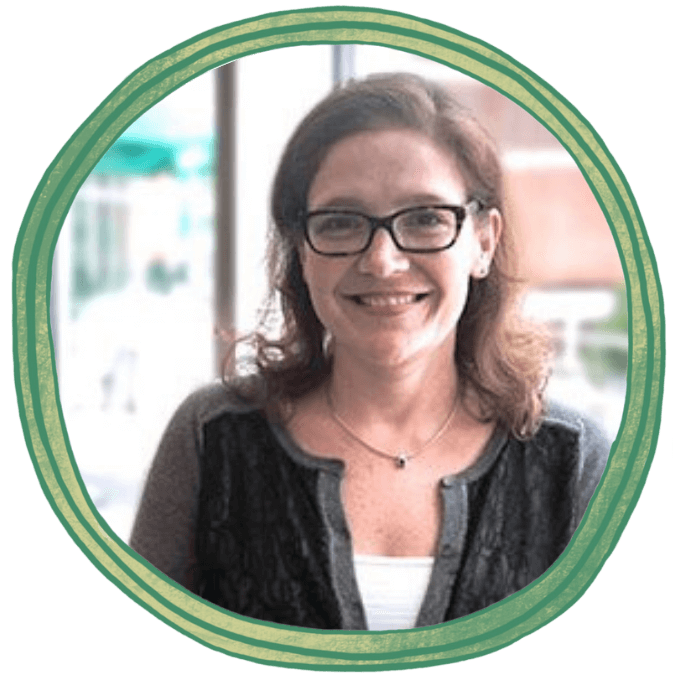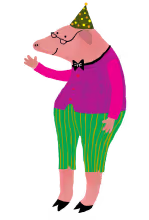
Brynn Welch
University Lecturer In Applied Ethics And Social/Political Philosophy
Dr Brynn Welch attended Davidson College in North Carolina before going on to earn her MA and PhD at the University of Wisconsin-Madison. She has taught at Beloit College in Wisconsin, Emory & Henry College in Virginia, and now teaches at the University of Alabama in Birmingham, where her primary areas of interest are applied ethics and social/political philosophy.
In particular, she is interested in the intersection of the family with other social institutions and questions about whether, when, and to what extent broader social justice considerations may constrain what individuals within families do.
In 2013, Welch’s daughter was born, and she started seeing that her daughter was missing from so many stories in which we tell children what the world is and might be like. She became passionate about making sure that all children see themselves in the stories we tell, having adventures both ordinary and extraordinary.
Find out more about Dr Brynn:
Key takeaways:
- Progress in Representation (2015-2018): The speaker examines changes in children’s literature representation from 2015 to 2018, noting slight increases (e.g., African American characters from 7.6% to 10%), but cautions against over-optimism, as progress is limited ("progress-ish").
- Cooperative Children’s Book Center (CCBC): Based at the University of Wisconsin, CCBC tracks books by and about ethnic minorities, revealing inflated numbers due to counting characters on covers, not necessarily protagonists, suggesting the situation is worse than data shows.
- Non-Human Characters: CCBC data highlights a significant rise in books about non-human characters (e.g., talking animals, trucks), which saw the largest representation boost, undermining claims of meaningful progress in diverse human representation.
- Distorted Reflections: Graphics illustrate white children seeing positive, varied self-images (e.g., kings, astronauts), while children of color face “broken mirrors,” with limited, often stereotypical depictions (e.g., civil rights, slavery narratives).
- Authorship Gaps: Only about half of books featuring minority characters are written by authors sharing that identity, raising concerns about authentic representation and potential distortions.
- Impact of Defaults: Setting whiteness as the default in literature “others” non-white, non-heteronormative, or differently-abled characters, reducing them to one-dimensional roles and limiting empathy-building opportunities for children.
- Social and Moral Implications: Segregation in schools, neighborhoods, and churches limits real-world diversity exposure; books could bridge this gap but often fail to, shaping children’s moral imagination and worldviews narrowly.
- Consumer and Educator Role: The speaker urges consumers and educators to pressure publishers by choosing diverse books, signaling market demand for inclusive stories to counter industry biases (e.g., 80% white book reviewers in 2019).
- Book Recommendations: Highlights inclusive books like *Benny Goes Up, Up, Up* (diverse family), *Ada Twist, Scientist* (brown-skinned girl scientist), *Julian is a Mermaid* (normalizing gender expression), and *Our Skin* (discussing race in a kid-friendly way).
- Practical Steps: Teachers should integrate diverse books subtly to avoid backlash, use language that challenges defaults (e.g., “white” or “able-bodied”), and foster open conversations about differences to normalize diversity without tokenism.
Related Webinars

We'd love your feedback!
Did you love it or hate it? And what ideas have you got for upcoming webinars - big names you'd love to see or topics you'd like covered?

.avif)








